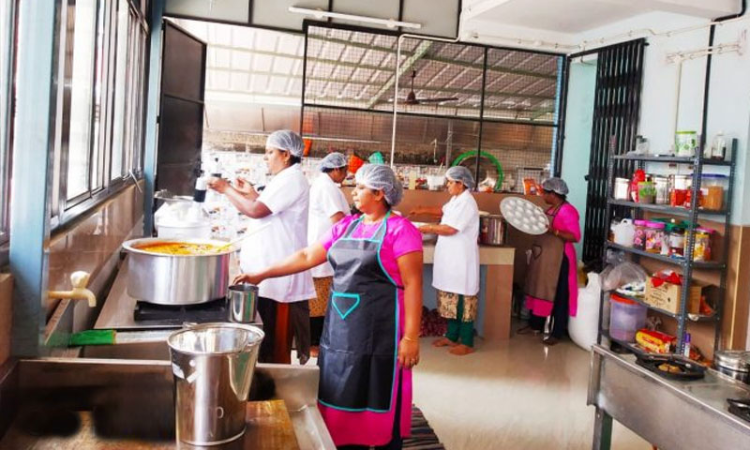Plea In SC Seeks Temporary Pan-Indian Community Kitchens At Block-Level Amidst COVID Lockdown
Mehal Jain
23 April 2020 4:55 PM IST

Next Story
23 April 2020 4:55 PM IST
The Supreme Court has been moved in a plea seeking directions to the Centre and the states to set-up pan-India temporary community kitchens at the Block-level amid the pandemic of novel Coronavirus (COVID-19) to ensure that no person is forced to sleep on an empty stomach in these trying times. The applicants, through Advocate Fuzail Ahmad Ayyubi and Ashima Mandla submits that concept...
